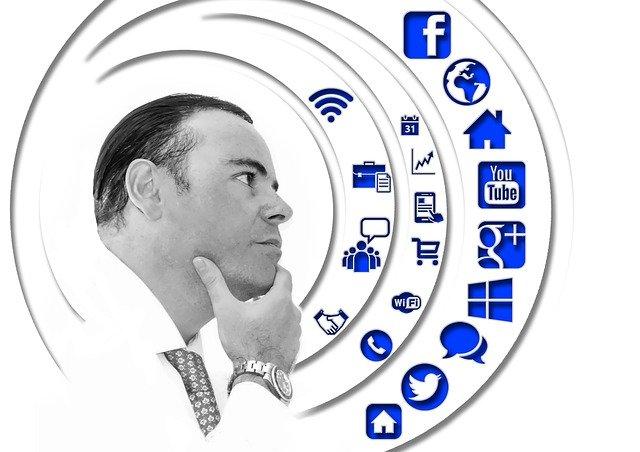Take a moment and consider how much of your life you live online. If you are like most of us, you bank, pay bills, make purchases, connect with friends and communicate with just about everyone you know online. Think about all the digital assets you have accumulated – account information, passwords, email, photos, videos, etc. What happens to your data when you die? Let’s talk about digital data and death.
Since you will not be around anymore to need this information, you may not care what happens to it. But chances are pretty good that your loved ones will care. There have been many stories of families trying to get access to a deceased family member’s photos and emails on social media sites – in fact, there have been so many requests that most of these sites have policies in place for family to gain access or deactivate online accounts:
Google. Google unveiled its Inactive Account Manager, which allows users to choose whether to name a beneficiary for their online account activity on all Google sites (which includes YouTube) or to delete it after a set amount of time passes during which the account is inactive. Facebook. Facebook allows family members to request that a decedent’s account be deleted or provides them with an option to memorialize the decedent’s page so it stays up, but is essentially frozen in time.
Facebook requires you to provide a death certificate or a published obituary to accomplish this.
LinkedIn. LinkedIn provides an online form to remove a deceased member’s profile page from the site. You will need to furnish the member’s name, email address, the URL to their LinkedIn profile and some other information as well as a link to their online obituary.
Twitter. You must email Twitter a request to delete the account of a family member who has passed and mail them a copy of the death certificate, the obituary as well as a copy of your ID and proof that the decedent owned the account if his or her Twitter handle is different from their given name.
Yahoo. You can have an account deleted by providing Yahoo with paper copies of the death certificate and the document appointing you are the executor of the estate or personal representative of the deceased along with a letter furnishing the Yahoo ID of the decedent and your request that the account be deleted. Yahoo will not transfer or preserve any data in the account
But why make your loved ones jump through hoops to deal with your digital assets when you can take care of it yourself with these three simple steps:
List all your digital assets. You may already have a list of all your online accounts and passwords (who can remember them all?) so you’re halfway there. Add to that a list of documents on your computer as well as photos and other data that may be stored on backup or thumb drives.
Decide on keep or delete. Review your list and decide which items are worth preserving and which ones can be tossed. Not everyone wants their family to have access to all their digital files, so decide which files are worth preserving and which files can be deleted. Then tell your family.
Designate a digital executor. If you have already named an executor in your estate plan, you may want the same person to handle the disposition of your digital assets. If not, then designate someone in your will to handle this task. Do NOT include your accounts and passwords in your will! These are public documents and can easily be stolen by identity thieves.
A Note from the Attorney, Stan Pierchoski:
The practice of law is a second career for me. After obtaining Master of Science degrees in both Nuclear and Mechanical Engineering, I worked in the Nuclear Power Industry for 15 years. Always having an interest in law, I attended and graduated from law school and founded the Pierchoski Law Firm in 2002 in Pulaski, TN. For several years I practiced as a criminal defense, trial attorney. After my parents passed I became interested in Trust and Estate Law and felt a strong calling to change my practice to the Estate Planning area.
For years I have been exclusively doing trust writing and wealth planning and have become proficient at it. Over the last several years my practice has evolved to serve all age groups including elders and Medicaid Planning. I am always open to your questions and am more than happy to chat with you about your concerns so give me a call or stop by my office. You’ll be glad you did!

